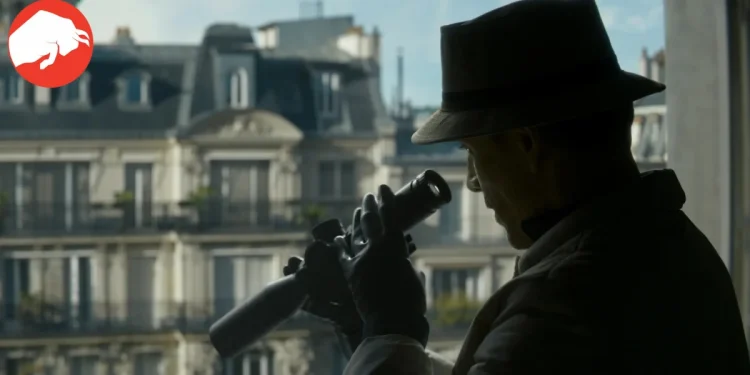The Artistic Evolution of David Fincher
From Music Videos to Major Films
David Fincher’s journey as a director is marked by a transition from TV commercials and music videos to major film projects. His early work in music videos, including “Vogue” for Madonna and George Michael’s “Freedom! ’90”, showcased his developing dark and artistic style. However, it was his shift to big-budget filmmaking, starting with the critically challenged “Alien 3”, that set the stage for his future successes, notably “Se7en” and his collaboration with Trent Reznor and Atticus Ross.
‘The Killer’: A New Benchmark in Fincher’s Career
Michael Fassbender as the Flawed Protagonist
In “The Killer”, Fincher crafts a nuanced character study of a contract hitman, portrayed by Michael Fassbender. The film, inspired by directors like Robert Bresson and Francis Ford Coppola, utilizes the camera to create a sense of surveillance, capturing the precision and flaws of the protagonist. “The Killer” is hailed as Fincher’s finest work since “The Social Network”, and is considered by many to be the best film of 2023.
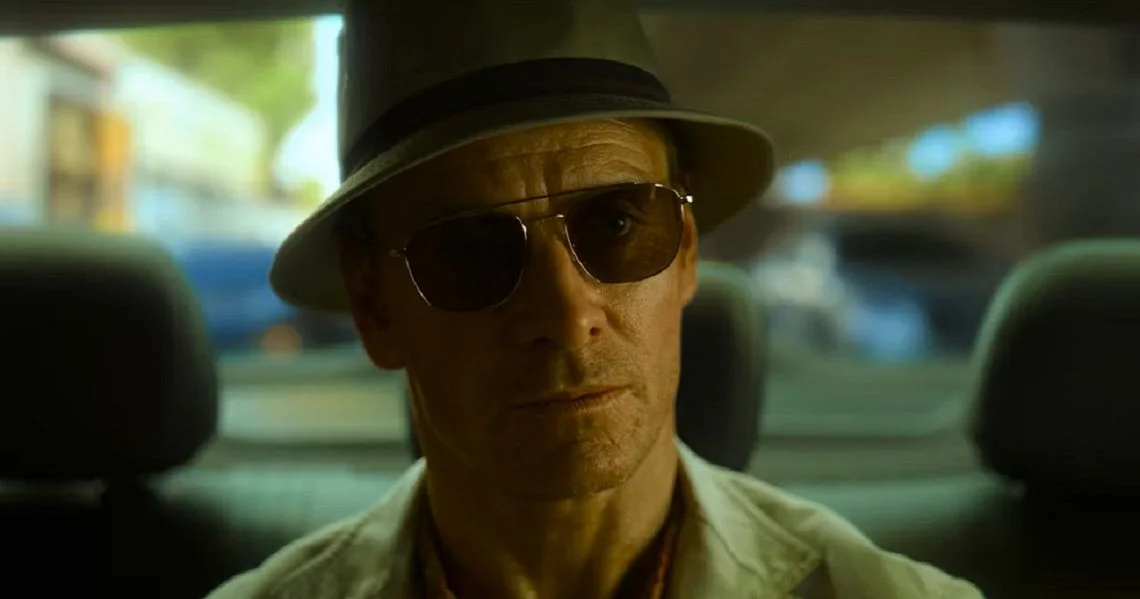
The Killer’s Struggle with Chaos and Control
The character of the Killer, a meticulous assassin, faces a narrative arc that sees him grappling with control and chaos. This struggle is masterfully depicted through Fincher’s direction, particularly in a standout scene where the Killer’s assassination attempt unravels, exposing the gap between his narcissistic self-image and reality.
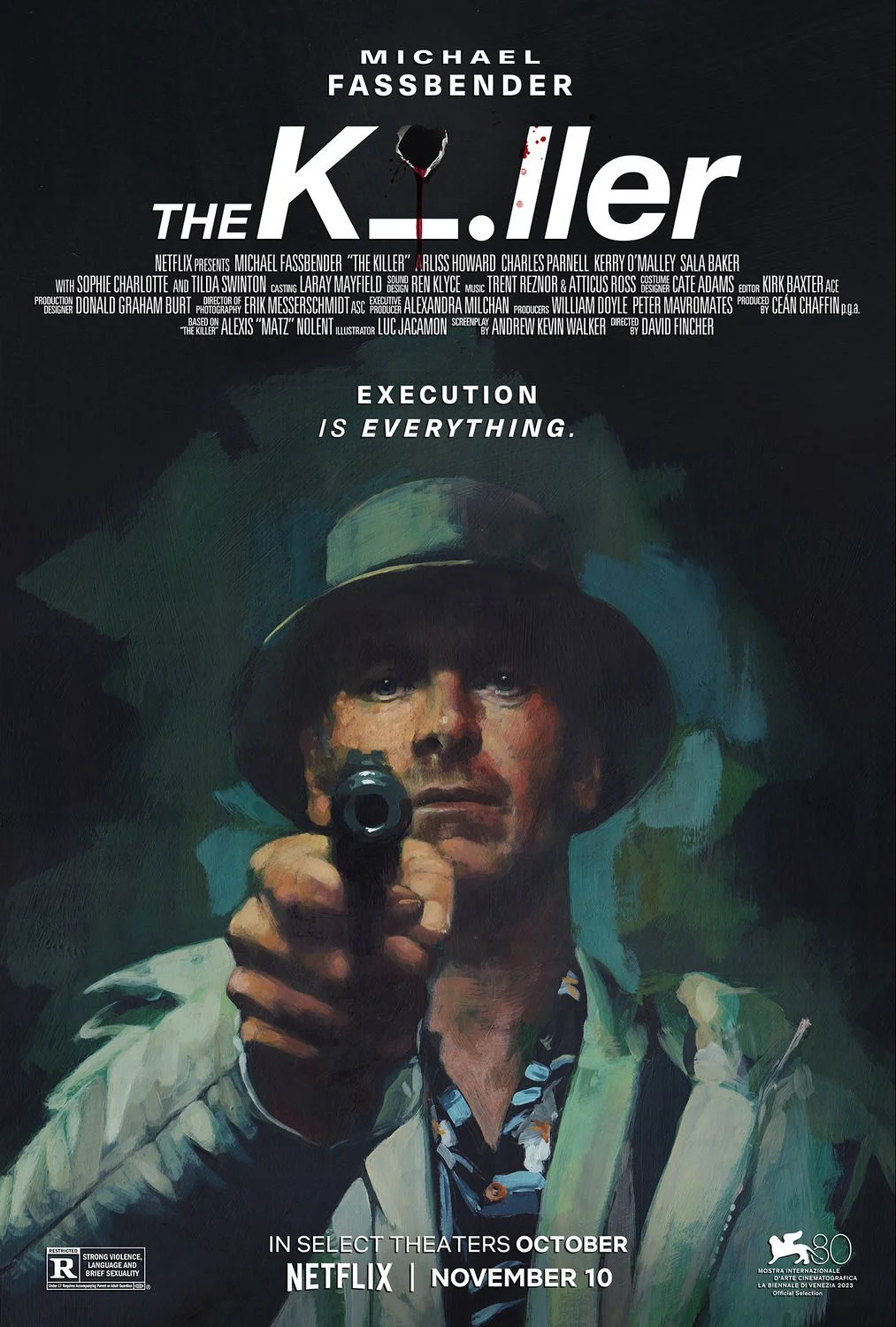
Michael Fassbender: The Embodiment of the Killer
A Role Tailored for Fassbender’s Skills
Fassbender’s portrayal of the Killer is a testament to his ability to embody fastidious characters. Known for his roles in “Hunger”, “A Dangerous Method”, and “Shame”, Fassbender brings a depth to the Killer, drawing parallels with iconic characters like Travis Bickle from “Taxi Driver”.
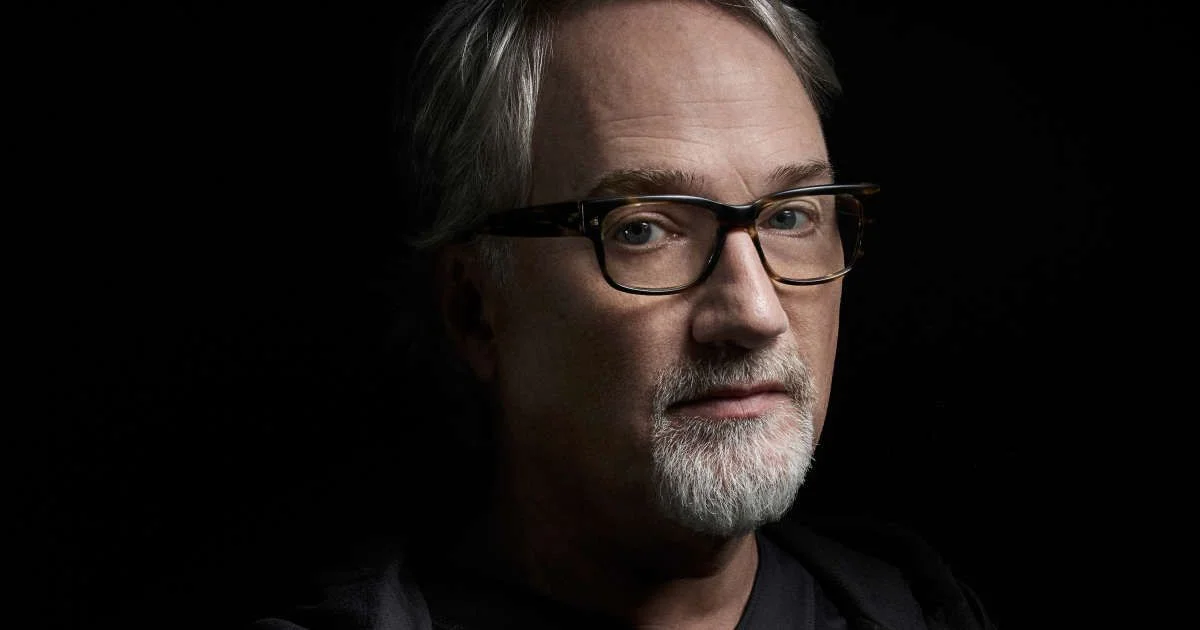
Fincher’s Self-Referential Approach in ‘The Killer’
Echoes of Past Works
“The Killer” resonates with themes from Fincher’s earlier films like “Fight Club” and “The Social Network”. The director employs subtle humor and references to earlier works, such as the use of a vacant WeWork office for the film’s first hit job, reflecting a nuanced commentary on success and failure.
The Challenge of Recognition in the Film Industry
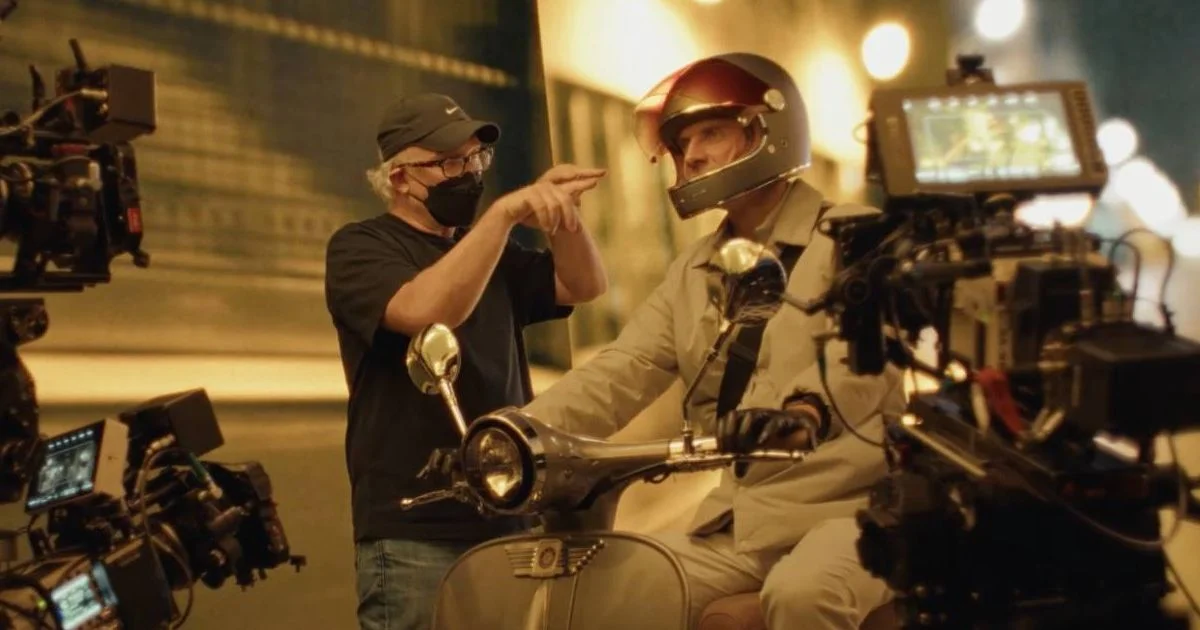
Fincher’s Elusive Quest for Awards
Despite critical acclaim and a distinctive filmmaking style, Fincher has often been overlooked by awards committees. “The Killer” has not broken the critical threshold on Rotten Tomatoes, and Fincher’s history with the Oscars suggests that recognition may come later in his career, possibly as a nod to his overall contributions to cinema.
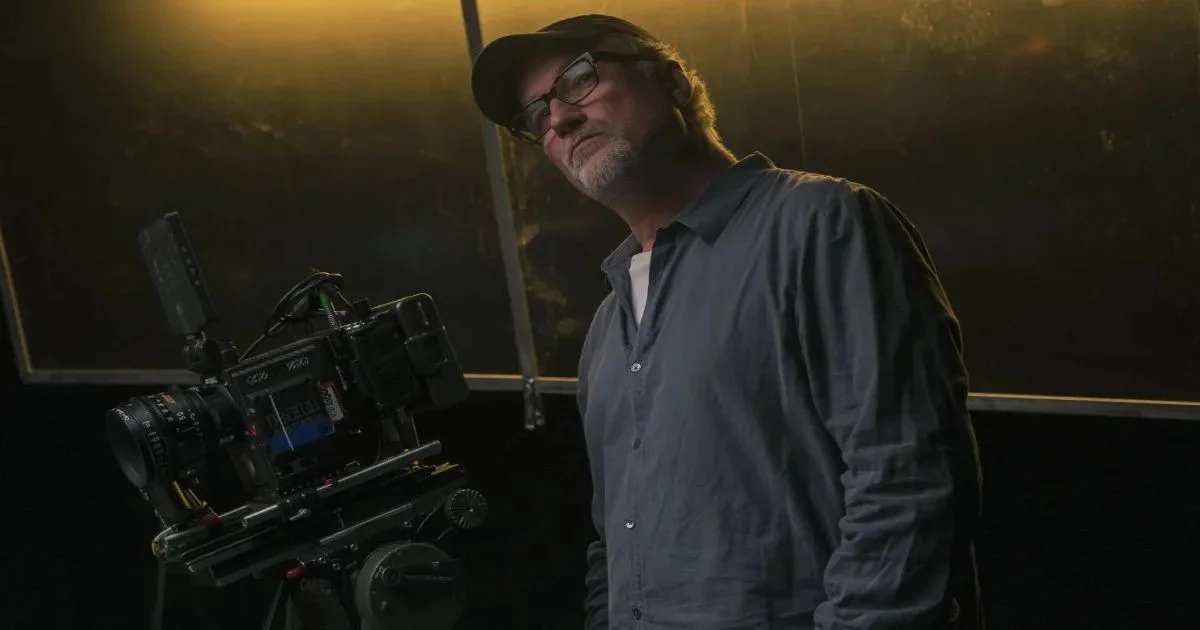
‘The Killer’: A Step Forward for Fincher and Modern Filmmaking
Returning to Roots and Redefining Action Cinema
With “The Killer”, Fincher returns to his roots, blending audience-friendly action with his unique style. The film stands out in an era dominated by superhero movies and cautious storytelling. Its visceral hand-to-hand combat scenes exemplify Fincher’s cinematic prowess, underscoring the hope that his mastery will one day be fully acknowledged.
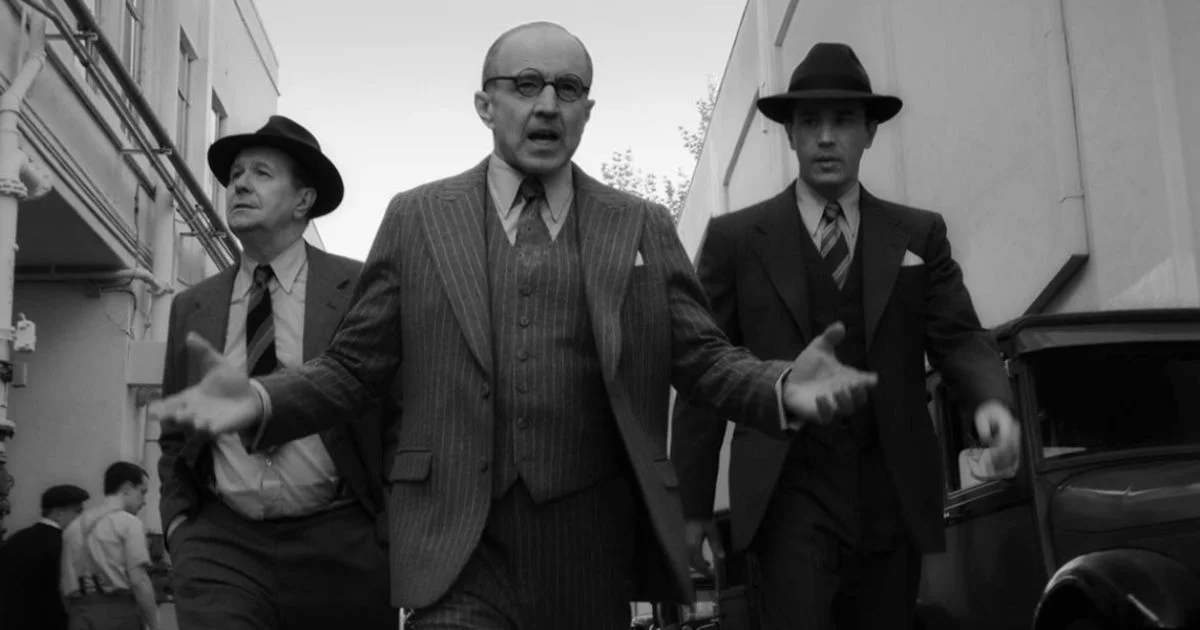
David Fincher‘s “The Killer” represents a significant moment in his directorial career, blending his meticulous attention to detail with a compelling narrative. The film, a clear move in the right direction for both Fincher and the filmmaking industry, serves as a reminder of the power of cinema that transcends commercial trends and pushes the boundaries of storytelling.


